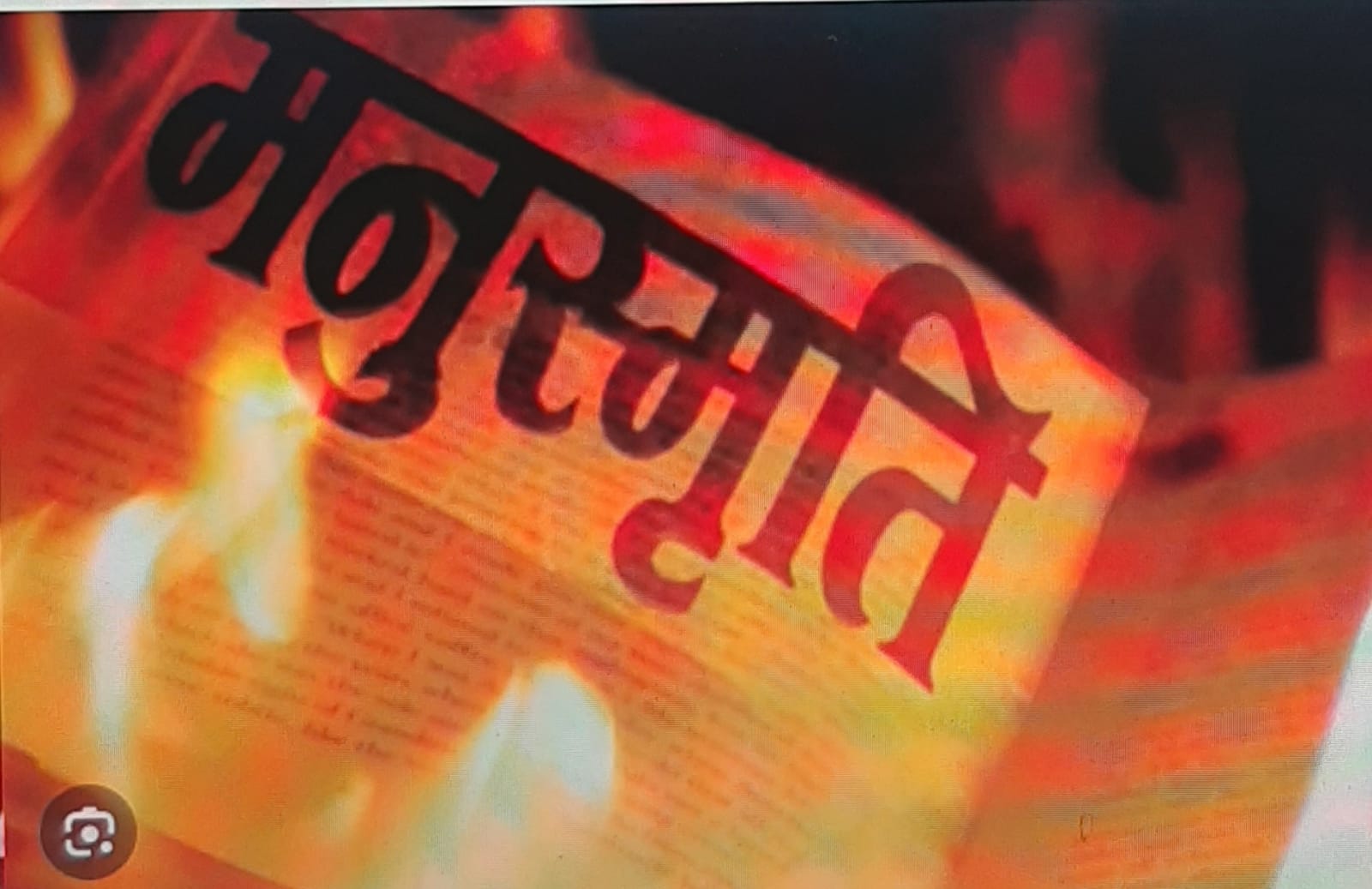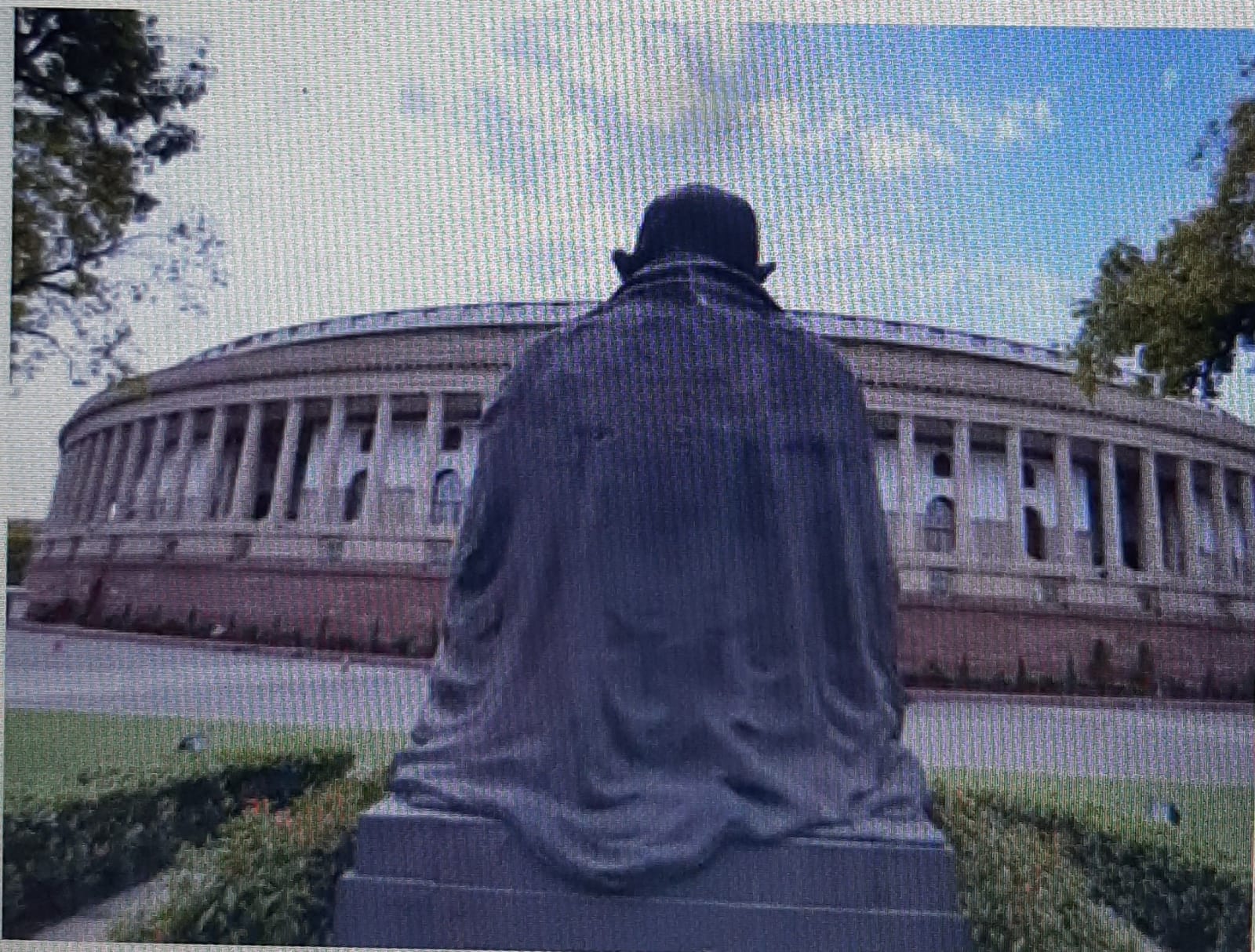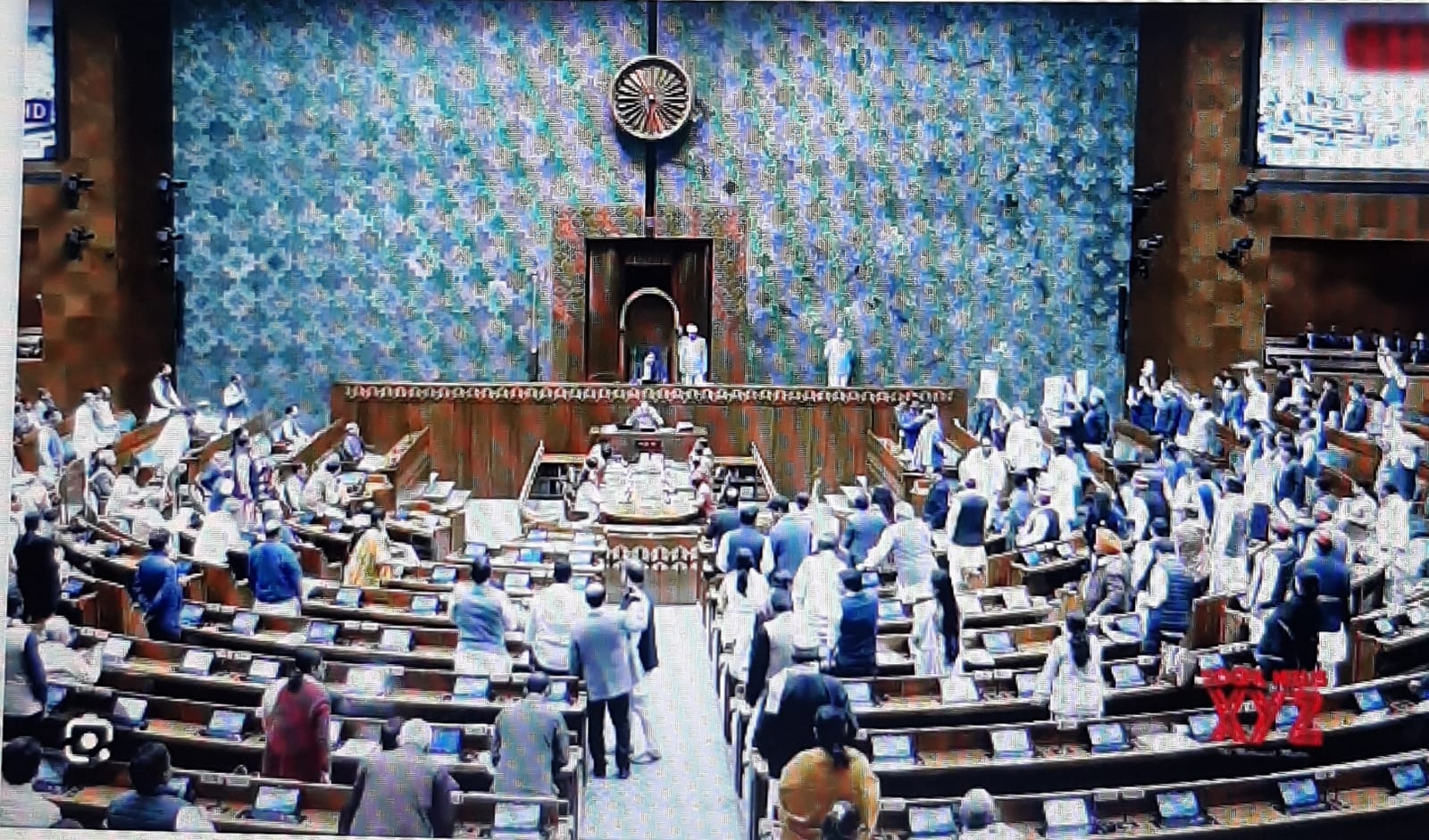
The issue is not whether Manu is a villain or a saint, nor that Manusmriti should be considered holy or should be burnt, but that whether it has any relevance in this day and age. Whatever is meaningless now, either as thought, or, activity should not only be discarded, but buried as well, writes Prof. H C Pande
Manusmriti, the perennial punching-bag of the liberals, continues to be the main battle tank of the election wars, year after year, and, even otherwise. Whether expounded by Manu or not, the commentaries in the treatise are handy and convenient to create confusion or doubt where none need exist. For ages Hindu thought, philosophy et al, were maintained through the Shruti- Smriti,that is, heard and remembered, tradition, and, only later when writing evolved, were scripted. As per the scholars of ancient history the period in question ranges from 12th century BCE to 2nd century CE.
It stands to reason that, over the millennia, distortion of the original thought, in this process of communication, speaking hearing, remembering, and again speaking, hearing, remembering, is more than likely. Not only distortion but addition to the original, by any number of handlers, is inescapable as the discourse, heard, remembered and scripted, travelled through the centuries.
The issue is not whether Manu is a villain or a saint, nor that Manusmriti should be considered holy or should be burnt, but that whether it has any relevance in this day and age. What ever is meaningless now, either as thought, or, activity should not only be discarded, but buried as well.
Homo sapiens evolved from the primates over a long period of time and so did
the mental development of the human race. With the advance of civilisation the concept of organised communities came about. This is where Manu thought about the division of work in the developing communities and proposed Varnashram Dharma. The term is much scorned at without understanding the entire meaning.Varna means catagory, ashram amounts to guild and dharma stands for duty.Knowledge, security, marketing and production of goods, are the essential needs of any advancing community and back in time ,ages ago, the requirement was unending. Appropriate to the times, Manu thought of specialists and not generalists. Mono-tasking, not multi-tasking was the need of the hour.
The easiest way to train the manpower was to ordain that one is born in the family profession, so the career graph was fixed from day one and the family expertise continued to be honed and perfected. The times were different, the needs were different and so were the thought processes.
The Greek philosopher Aristotle, in the golden age of Greece, believed that slavery is a natural process and enslaving human beings is not unjust. Today, the very thought is disgusting and shameful. But then Aristotle also propounded scientific method of analysis.
Manu should be given credit for thinking of division of work, the fundamental of any organisation theory and not just derided,24 x7,for what was later appended, by him or others,to the basic thought.
It goes without saying that Manusmriti treatise, as now available, contains a whole lot of detestable, despicable, degenerate rot which does not deserve a second look, or, really even a first look. The fundamental thought, that of the division of work, should be considered the beginning and the end of Manusmriti. The grain should be stored and the chaff burned.
(Prof. H C Pande is Vice Chancellor Emeritus , BITS, Mesra)









